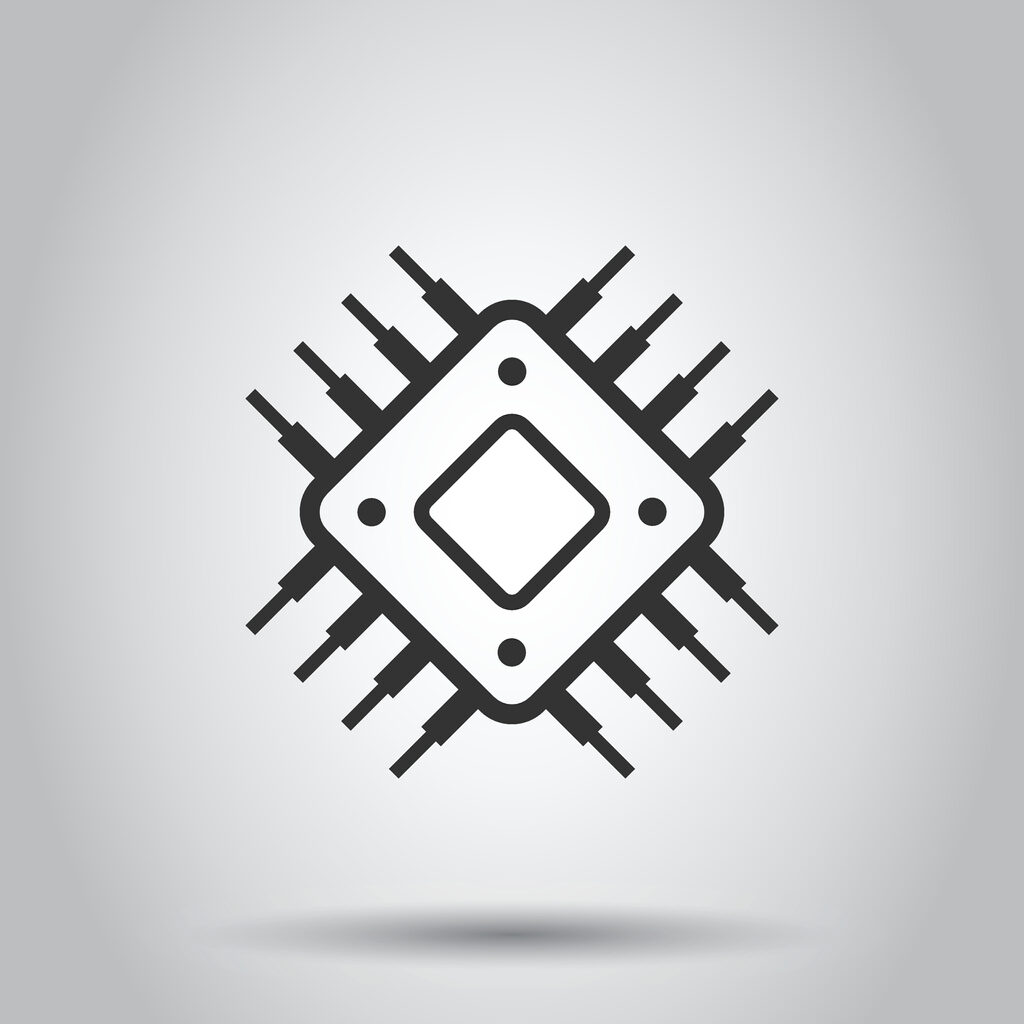The Ultimate Low-Noise Amplifier Selection Blueprint: Discover the Secret to a Noiseless System
Are you wondering How To choose a Low Noise Amplifier?
- In this article, we'll explore the multitude of factors you should consider when selecting a low-noise amplifier, including frequency range, gain, noise figure, input/output impedance, stability, and power consumption.
- We'll also take a closer look at some of the applications where LNAs are used, and why they are vital to manufacturing and multiple industries.
By the end of this article, you should have a good understanding of what a low-noise amplifier is, how it works, and what to look for when choosing one for your needs. Also, there is a bonus at the end of the article so hold tight people.
Introduction to Low-Noise Amplifiers
A low-noise amplifier(LNA) is an electronic amplifier manufactured to minimize the amount of noise added to the originating signal during the amplification process.
- These amplifiers are commonly used in a multitude of applications, ranging from radio frequency (RF) communication systems to medical gadgets and gizmos, and scientific apparatus.
- Choosing the right low-noise amplifier can be an uphill task, as there are many factors to consider when selecting one for a specific application.
Applications of Low-Noise Amplifiers
Before you think about how to choose a Low Noise Amplifier let's understand some of the key applications of Low Noise Amplifiers.
- RF Communication Systems: Low-noise amplifiers are manufactured majorly for RF communication systems, such as cell phones, Wi-Fi, and GPS systems. They boost in amplifying weak signals and minimizing the amount of noise added.
- Medical Equipment: Low-noise amplifiers are used in a variety of medical equipment, such as ECG machines, EEG machines, and ultrasound machines. They help to amplify weak signals generated by the human body and minimize the number of external frequencies or chaos.
- Scientific Instrumentation: Low-noise amplifiers are used in scientific instrumentation, such as spectrometers and oscilloscopes. They enhance feeble signals produced by scientific investigations and reduce the quantity of disturbance incorporated into the signal.
Unlocking the Secrets of Low-Noise Amplifier Circuit Design
- Frequency range: The frequency range of an amplifier recollects the range of frequencies it can amplify effectively. It's important to choose an amplifier that is capable of amplifying the frequency range you're working with and knowledge of specific requirements is essential about a low noise amplifier circuit.
- Gain: The gain is the amount of amplification that is applied to the original signal. You'll want to choose an amplifier that has a gain that is suitable for your specific application.
- Noise figure: The noise figure of an amplifier is the amount of noise added to the signal during the amplification process. Choosing an amplifier with the lowest possible noise figure will mitigate the amount of noise added to your signal.
- Input/Output Impedance: Input and output impedance is the resistance at the input and output of an amplifier. It's important you choose an amplifier with an input impedance that matches your source and an output encumbrance to be on par with your load in the low noise amplifier circuit.
- Stability: The stability of an amplifier refers to maintaining its characteristics and gain over a prolonged period of time. You'll want to choose an amplifier that is stable over the frequency range and temperature range you're working with.
- Power consumption: The power consumption of an amplifier denotes the power an amplifier requires to operate. You'll want to choose an amplifier that has a power consumption that is suitable for your specific application.
Unlocking the Key Features for a Successful LNA Selection
Let's figure out how to choose a low-noise amplifier suited to your specific needs
- When choosing a low-noise amplifier, it is important to take the specific requirements of your application into consideration, such as the frequency range you need to amplify, the required gain, and the allowable noise figure.
- Research different options and compare the specifications of various LNAs to determine which one is the best fit for your needs.
- Consider working with an experienced supplier or engineer who can provide additional guidance and support in the selection process.
- Contemplate the operating temperature range of the LNA. This is important because the performance of an amplifier can be affected by temperature changes.
- Evaluate the input/output return loss of the amplifier. This is a measure of how much of the signal is reflected in the source due to mismatched impedance.
- Take into account the voltage supply requirements of the LNA. This will determine whether the LNA is compatible with your power supply and system requirements.
- Review the datasheet of the LNA carefully, paying attention to key specifications such as gain, noise figure, input/output impedance, and stability.
- Grab knowledge on the cost of the LNA and ensure that it fits within your budget. However, it's important to keep in mind that cost should not be the only factor considered when choosing an LNA; performance and reliability should also be taken into account.
- Finally, don't hesitate to ask questions and get clarification from the manufacturer or supplier if you have any doubts or concerns about a particular LNA.
Act Now
Upgrade your communication, medical, military, or university operations withElite RF Amplifiers Manufacturers S-Series low-noise amplifiers. Our amplifiers are designed for reliable and efficient RF signal amplification, making them perfect for a wide range of applications, including radio frequency communication, medical treatments, military operations, and educational settings. Don't miss out on the opportunity to enhance your performance.


